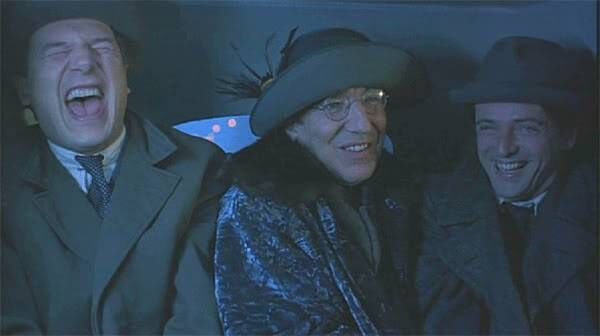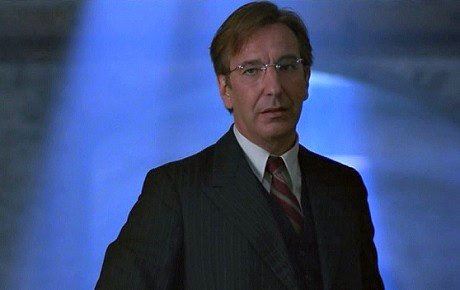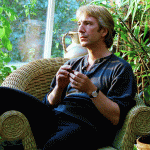Eamon de Valera, played by Alan Rickman in the film “Michael Collins”, is an ambiguous, almost enigmatic figure in Irish history, the embodiment of an ideologue who, despite his inspiration, is deeply entangled in his own fears and ambitions. De Valera is a political leader of great intelligence, he has a penetrating mind and an impressive ability to foresee possible consequences. But at the same time, his restraint, caution and tendency to carefully thought out tactics often turn into paralysis of action, which is a sharp contrast to the impetuous and decisive nature of Michael Collins.
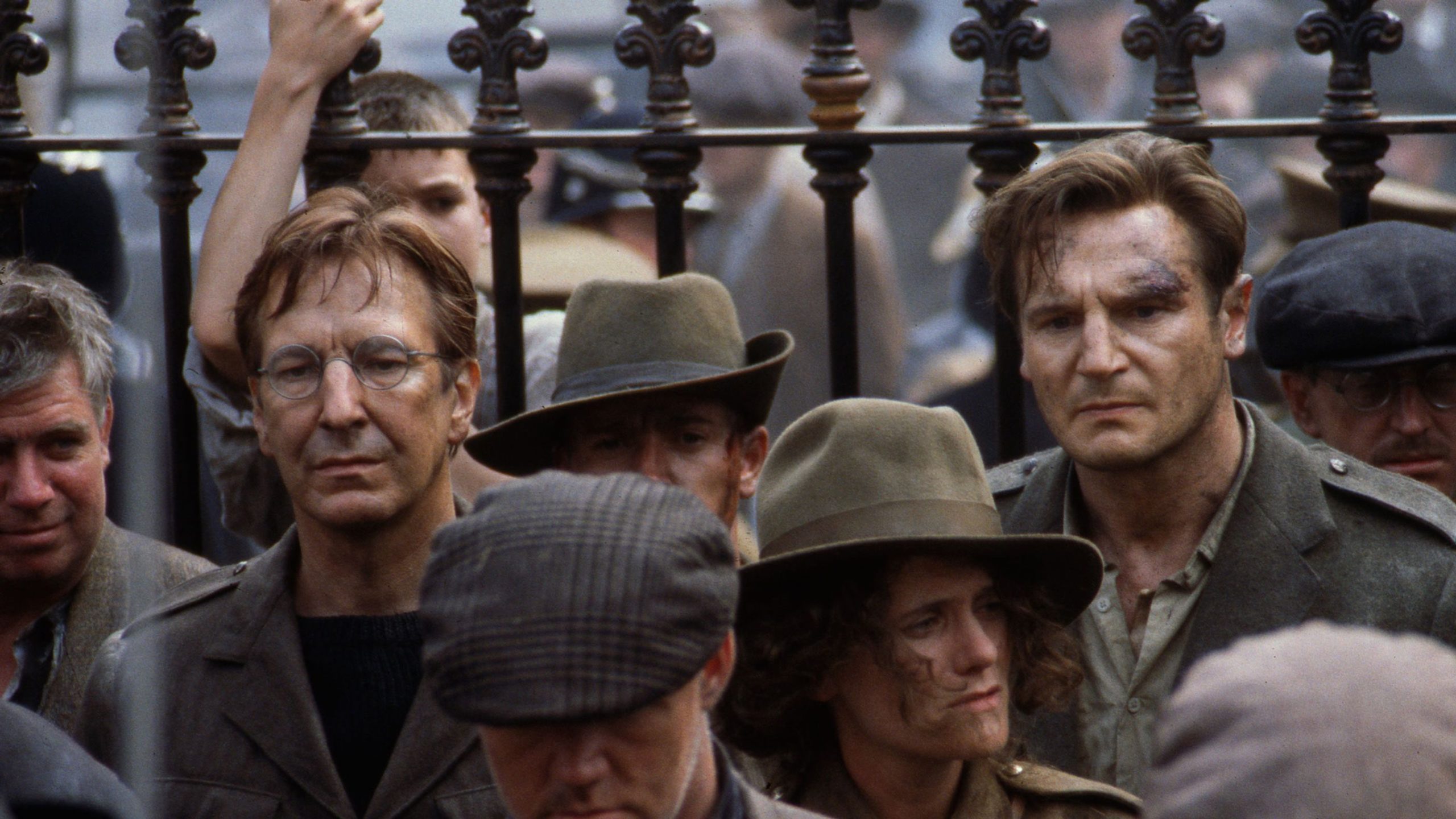
Rickman skillfully plays de Valera as a deeply complex man, burdened by moral dilemmas and concerns for the fate of Ireland. There is a peculiar coldness and distance in his demeanor; he rarely lets his emotions get the better of him, always remaining focused on his grand political dream of independence. But this coldness actually hides deep doubts and perhaps even envy of Collins, who acts where de Valera hesitates.
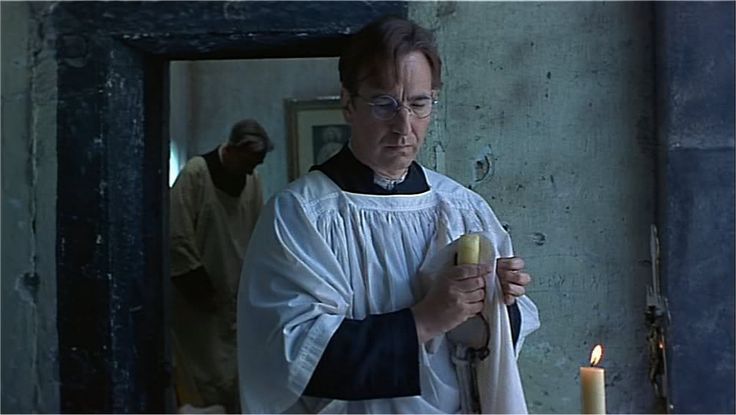
Eamon is a master of tactical maneuvering, always choosing caution and waiting, even when the situation requires a quick response. He longs for peace and at the same time fears too radical a change. This makes him a difficult ally, and his choice to leave Ireland at a critical moment escapes any understandable justification. His complex relationship with Collins reflects the struggle between two different approaches to freedom: de Valera chooses diplomacy, the precariousness of negotiations, while Collins embodies direct action and courage.

Rickman plays de Valera with a delicate balance between intelligence and hidden fear, creating a leader who is hard to love but impossible to ignore. His de Valera is a man who has dedicated his life to an ideal but becomes entangled in his own fears and over-caution, ultimately leading to a deep rift with Michael Collins and missed opportunities. He is a reflection of a politician who has given everything for a dream but has failed to overcome himself, leaving behind both admiration and doubt.
